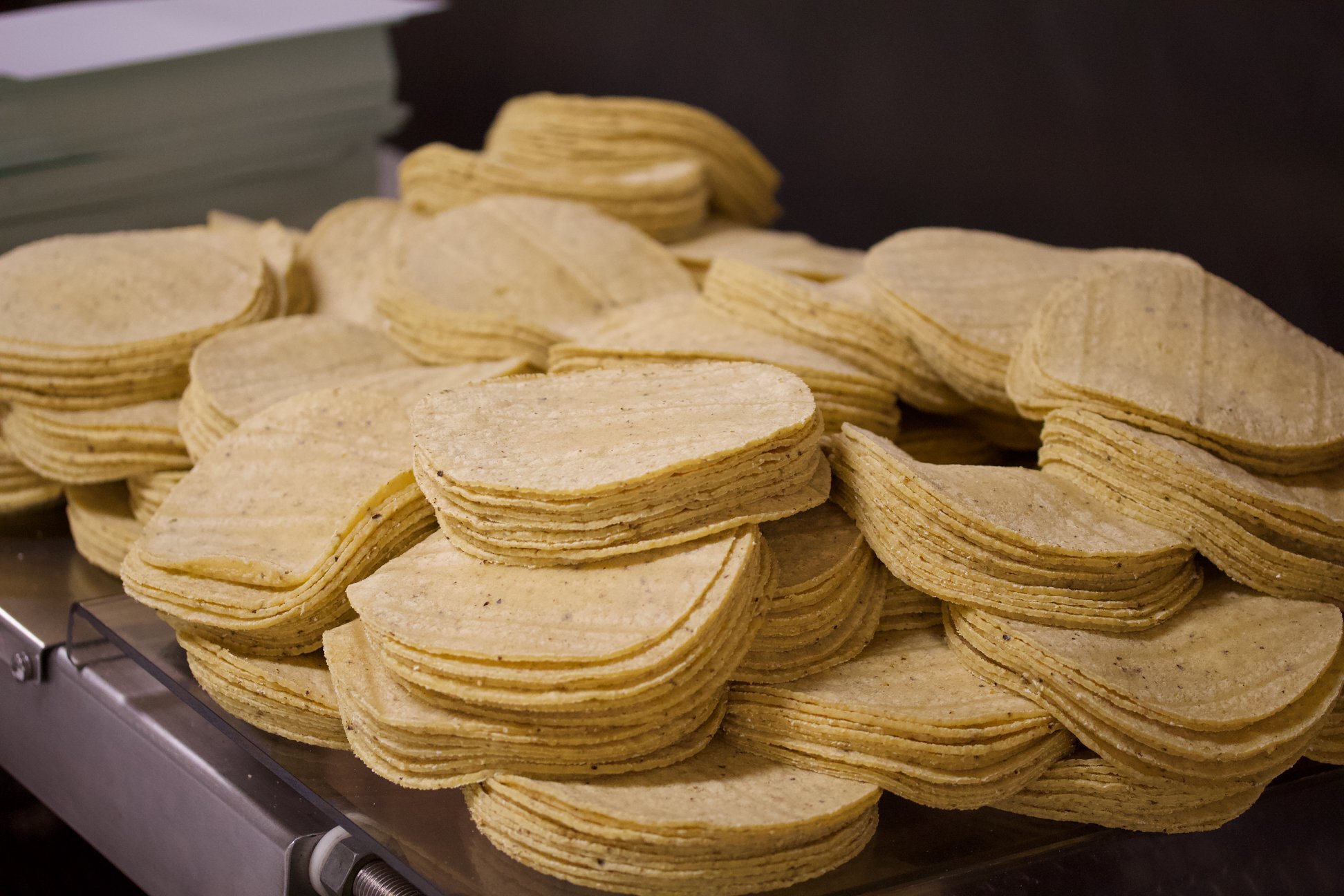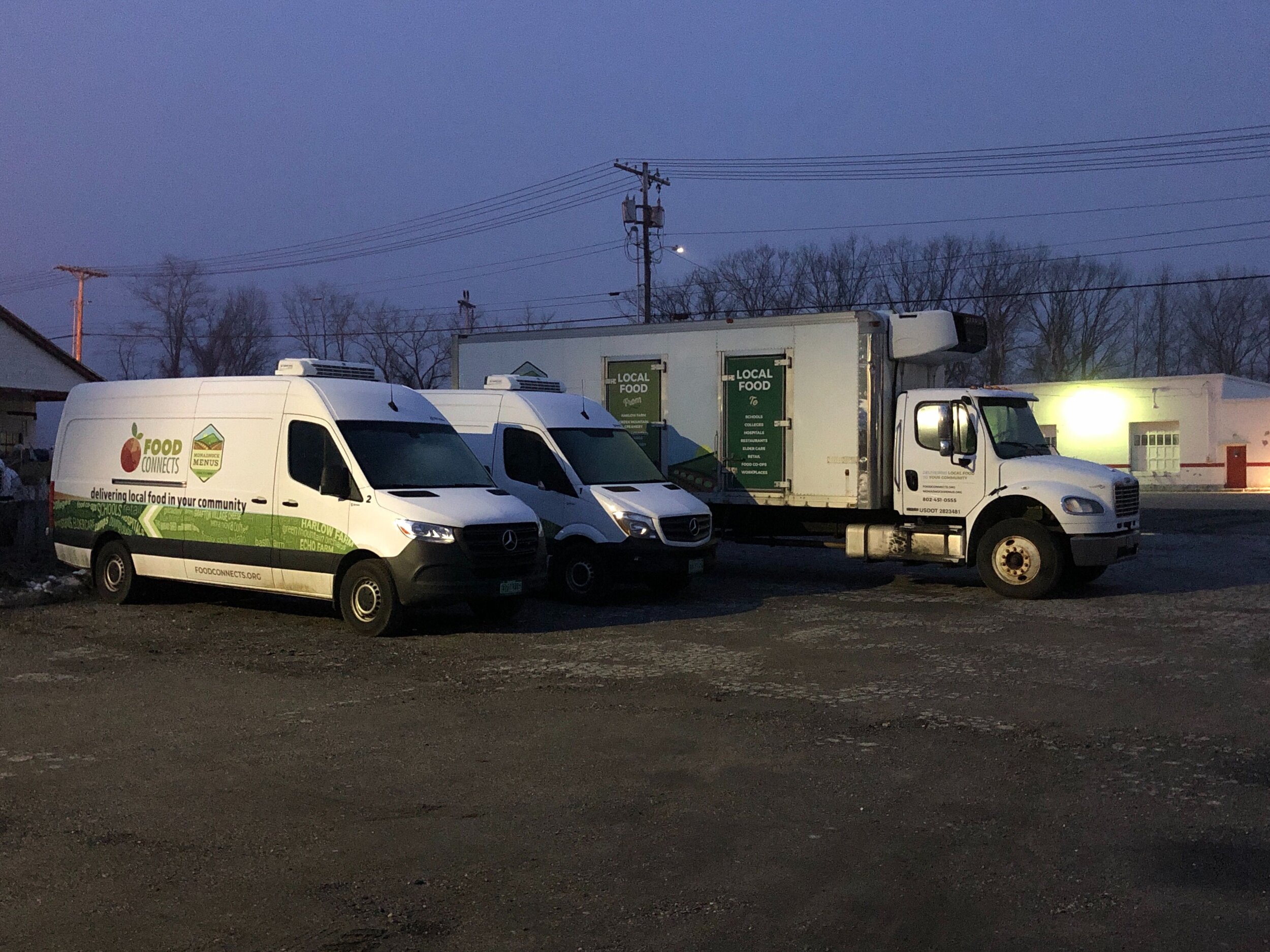The current pandemic has exacerbated inequalities across the board, and the unfortunate truth is that it looks like we'll have to deal with this situation for longer than expected. As such, organizations like the Vermont Community Foundation are spearheading campaigns to serve those who are in extreme need at this time, with projects ranging from supporting small businesses to expanding internet access to poorly-serviced areas.
Community organizations are not just the only people who can help out—everyday volunteers can make huge impacts in their own communities. And because everyone needs food to survive, addressing this need is the perfect way for people to get involved. Keep reading below for five ways you can help serve your community through food.
Run food drives
Organizing a food drive is one of the most meaningful things you can do at this time. You can choose to partner with local vendors who may want to donate some of their produce or food items, but you can also just reach out to fellow neighbors and see if they'd like to pitch in and buy some groceries for those in need. These food drives can include some fresh produce, canned goods, and staples like bread or rice. From there, you can spend a day or two packing care boxes that you can then distribute to families across the area.
Volunteer at food banks
You might not have enough time to organize your own food drive, so it's worth talking to your local food banks and seeing if they need your help. See if you can carve out a bit of time per week to volunteer. Whether it's helping sort out food or delivering the items to people in need, it's important to find out ways that you can help out on a regular basis. After all, volunteering is all about consistency.
Soup kitchens
Once you get enough volunteers to both source groceries and prepare meals, organizing a soup kitchen should be relatively easy. The key to feeding lots of people great food is relying on the right equipment like rice cookers: quality makers are extremely versatile, as is rice itself. Today's rice cookers can also keep your food warm for long stretches of time, allowing you to serve more people. From rice pudding to home-cooked meals on top of rice, these filling dishes will be more than appreciated by those in need.
Community gardens
People are looking for new hobbies to try out during quarantine, so why not try urban farming? A lot of love and labor goes into growing the produce we enjoy, and establishing urban farms allows you to see just how much work goes into growing crops. Again, partnering with local farmers also shows them that you value their work and are interested in finding ways that you can help them out too.
Patronizing local restaurants
A report by WCAX-TV notes that local restaurants getting ready to open up and accept patrons again, but these efforts will only be successful if there are customers to patronize them in the first place. If you're unwilling to risk going outside and dining in, lots of restaurants are also opening up takeaway services that you can also avail of. Showing continued support for local restaurants will encourage even more of them to open up again.
Food insecurity is a problem that's been around even prior to the pandemic, so it's no surprise that families who were having a hard time before are struggling even more now. Trying out any of these five solutions can help address this problem in a community-centered way. Food is the way to the heart, and so it's also a way to extend your care to people in need.




































